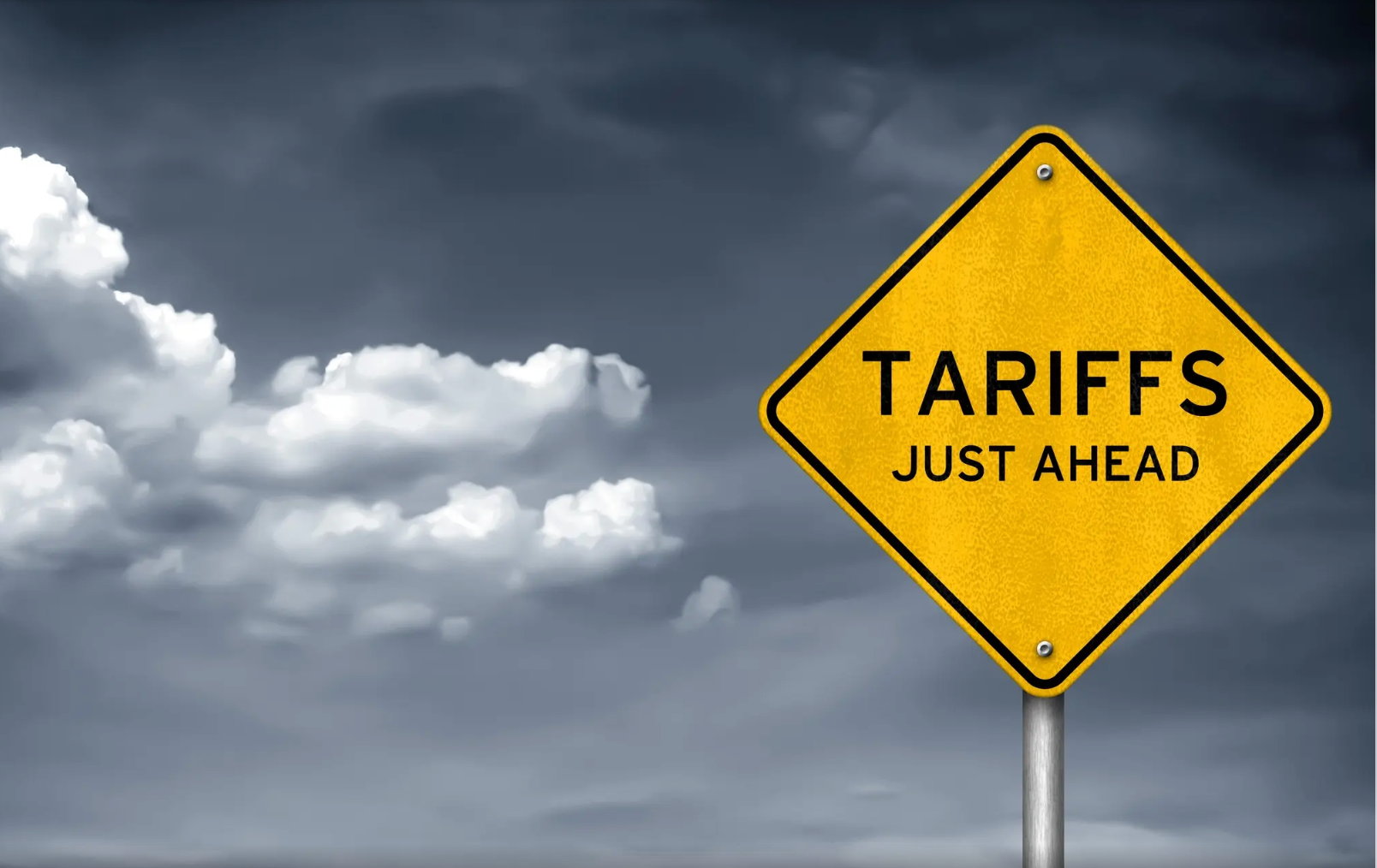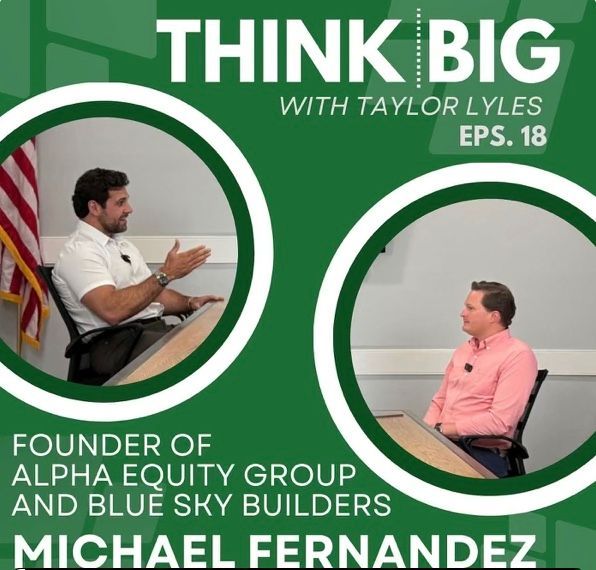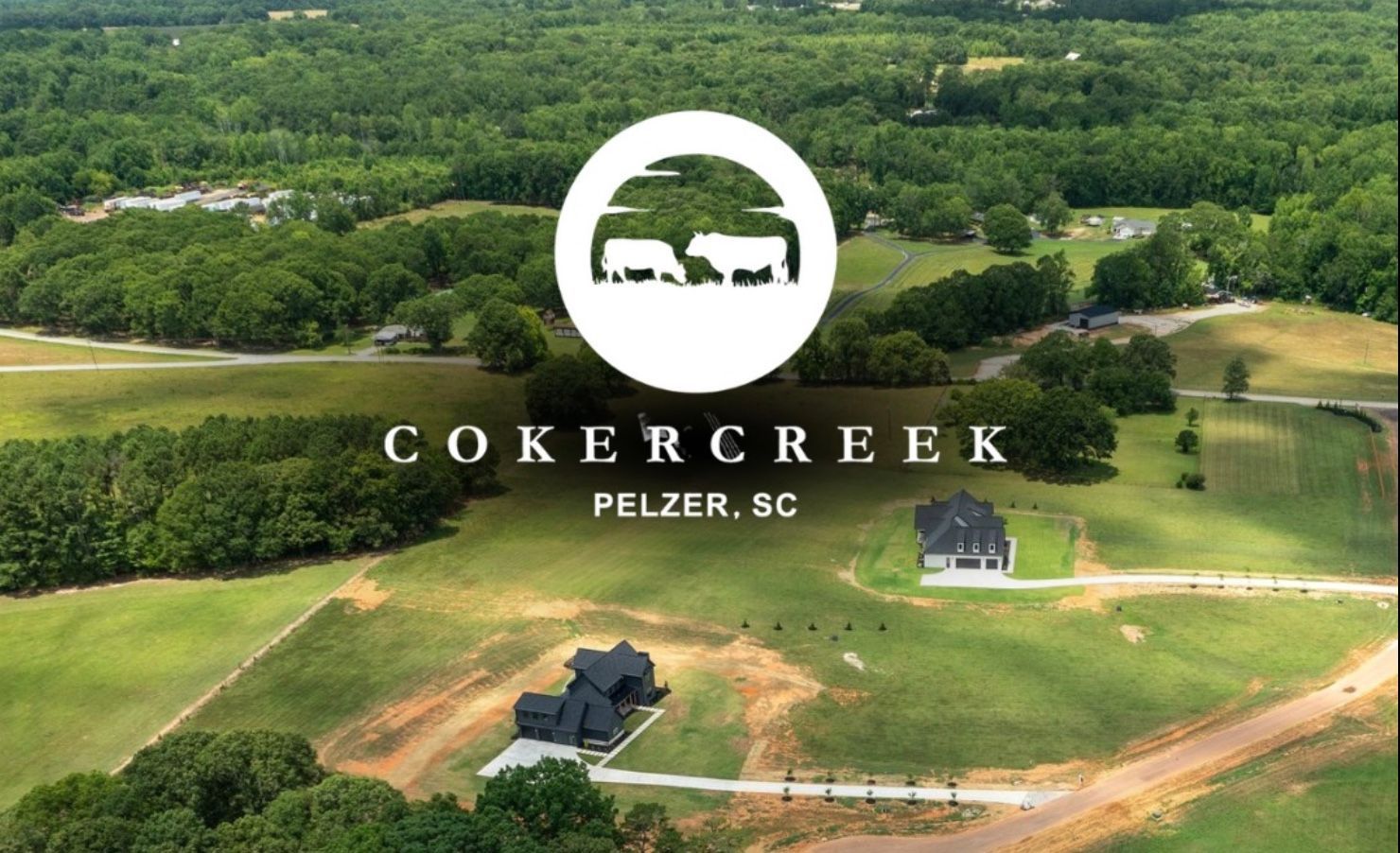Tariffs on CRE
Impact of Tariffs on CRE

As you may already be aware, the Trump administration has implemented punitive tariffs on goods from Mexico, Canada, and China, sparking significant turmoil in the market as investors try to assess the potential future impact. Fear has entered the marketplace, and fear often leads to market disruptions and market selloffs. In response to the shifting policy, the stock market lost over $5 trillion in just 3 weeks, eroding 10% off its new record high. Tariffs with these major trading partners affect our trade volume, inflation, economic growth, and ultimately, bond yields as investors demand a premium over inflation to earn a real return. Since government spending is an input of GDP, inflation and growth are closely connected. The introduction of new, potentially temporary tariff policies will send ripple effects through the market, resulting in ongoing volatility and a pessimistic outlook. Consequently, investors are becoming more cautious, suppressing trade activity. While it's clear that the stock market needed a correction—given that many stocks were trading at unsustainable highs—the question remains: How will commercial real estate (CRE) be impacted?
Let’s break this down. As mentioned, investors demand a premium over inflation, with spreads reflecting acceptable rates of return for specific risk positions, be it equity or debt. Commercial real estate is priced by considering the weighted average cost of debt and the weighted average cost of equity, based on the proportion of equity and debt in the deal. To illustrate this, let’s take the example of $1. A portion of each dollar of net operating income from an asset goes toward paying debt holders first, followed by equity holders. If the total debt and equity annual obligations exceed the net income on an annual basis, someone isn’t receiving what they’re owed, simply because there is not enough income to pay the various capital partners who funded the deal. Lenders set their rates by adding spreads to benchmark rates, such as treasury yields, which are directly tied to inflation expectations. As inflation expectations rise, interest rates also rise, driving up the cost of debt for CRE, while reducing the leverage available to deals. As more net operating income is allocated to cover higher debt costs, the remaining returns for equity holders become smaller. And as more equity is needed to cover the capital stack, returns fall even further. Ultimately, investors may be forced to lower pricing to meet their expected return requirements on their equity.
Tariffs have a direct impact on inflation by affecting transaction prices, volumes, revenue, and overall economic productivity. Essentially, tariffs are taxes on imported goods that we produce domestically. While they may serve various purposes, they are mainly used to generate revenue, protect local industries, and influence foreign trade and policy behavior. When used effectively, tariffs can boost revenue, but if applied poorly for too long, they can dampen demand and harm domestic economies by reducing welfare. The most significant negative consequence of tariffs is the high likelihood that they will backfire on U.S. consumers. Since manufacturers rely on importing raw materials to produce local goods, when these imported goods become more expensive due to tariffs, producers will pass on these cost increases to consumers, leading to higher domestic prices.
Without an idea as to when tariffs will end, and if they will change, it is hard to quantify the impact on CRE directly. But, in the short-term we can assume that it will spike inflation, volatility, and negatively impact market sentiment. Interim stagflation, or inflation in lieu of sufficient growth, could be on the horizon as well. Worries of a recession will cause longer term yields to drop, and if so, the cost of debt could decrease, which would help alleviate structural capital stack issues in the market. However, too large of a recession will stifle demand, and growth, which is a big risk as it could challenge absorption and net operating income.
Without knowing when tariffs will end or whether they will change, it’s difficult to directly quantify their impact on commercial real estate (CRE). However, we can reasonably expect them to drive up inflation, increase volatility, and negatively affect market sentiment. Concerns about a recession could lead to a drop in long-term yields, which, if it occurs, may reduce the cost of debt and help ease some of the structural issues in the capital stack. That said, a deep recession could dampen demand and slow growth, posing a significant risk by potentially hindering absorption rates and net operating income.



